The Qixi Festival, or the Seventh Night Festival, is an annual celebration held on the 7th day of the 7th month in the Chinese calendar. Let’s explore the origins and customs of this festival.
1. Understanding the Qixi Festival in China
What is the Qixi Festival called in Chinese?
The Qixi Festival (七夕) is a traditional holiday in East Asian cultures, especially in China. In China, the Qixi Festival has several other names:
- Qiqiao Festival (乞巧節): A festival that celebrates skill and talent.
- Qijie Dan (七姐誕): The birthday of the seventh sister.
- Xiao Xi (巧夕): A day when couples exchange strings of red beans as a symbol of everlasting love.
This festival is a celebration of love and a time for couples to express their feelings for each other.
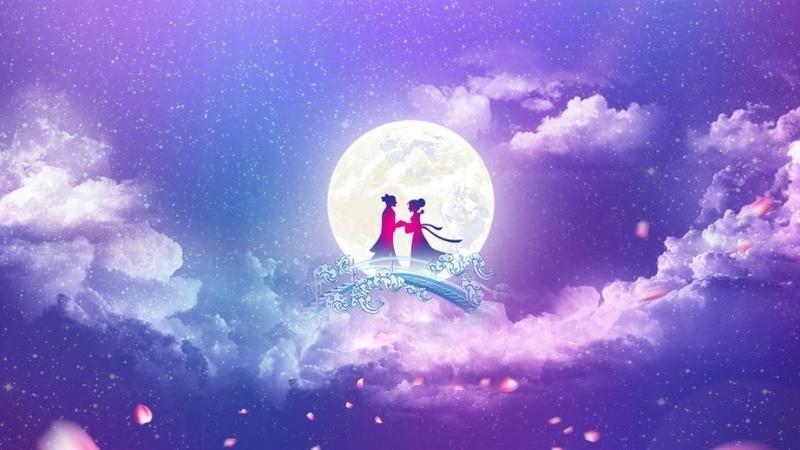 What is the Qixi Festival called in Chinese?
What is the Qixi Festival called in Chinese?
The Legend of the Qixi Festival
The legend goes that Niu Lang, a poor but hardworking cowherd, fell in love with Zhi Nu, the weaver goddess and daughter of the Queen Mother of the Western Heaven. Their deep love led them to marry and start a family, and they had two children together.
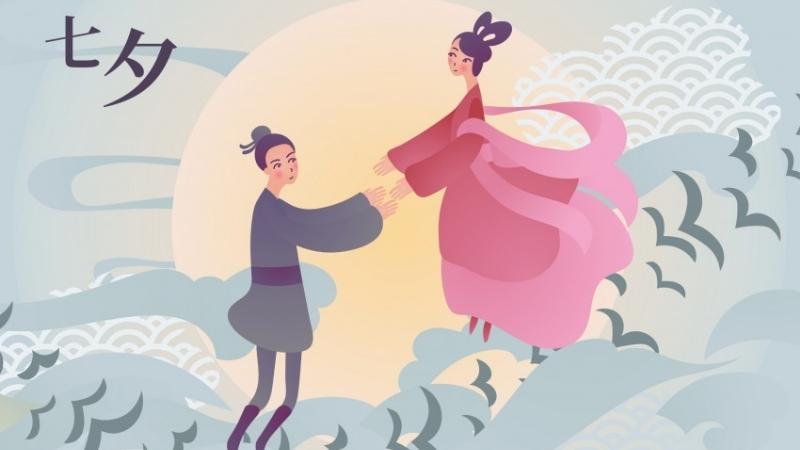 The Legend of the Qixi Festival
The Legend of the Qixi Festival
However, their happiness was short-lived. One day, Zhi Nu had to return to the heavenly realm, leaving Niu Lang behind. Heartbroken, he chased after her but was stopped by the Milky Way, the boundary between the mortal and immortal realms. Niu Lang stood by the river, waiting endlessly for his beloved wife.
Touched by their devotion, the Queen Mother allowed the couple to meet once a year on the seventh day of the seventh month, which became the Qixi Festival. On this day, magpies form a bridge over the Milky Way, allowing the lovers to reunite.
 The Qixi Festival
The Qixi Festival
During their meetings, the couple would cry tears of joy, creating the rain that falls on the seventh night. This legend has made the Qixi Festival a romantic and emotional event in Chinese culture.
See also:
The Significance of the Qixi Festival
In China, the Qixi Festival is also known as a day to honor the seventh fairy, Zhi Nu. According to legend, she was the goddess who wove the colorful clouds in the sky and created silk. The festival celebrates her skill and the respect humans have for nature and talented women.
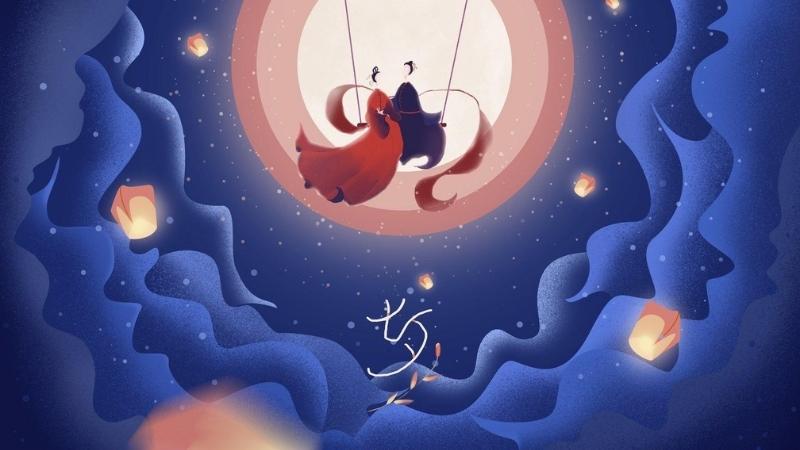 Significance of the Qixi Festival
Significance of the Qixi Festival
Additionally, the Qixi Festival commemorates the love story of Niu Lang and Zhi Nu, a tale that transcends the boundaries between gods and mortals. Over time, the Qixi Festival has become a Chinese Valentine’s Day, celebrated not only in China but also in other East Asian countries, including Vietnam.
2. Customs and Traditions of the Qixi Festival
What do People Eat During the Qixi Festival?
Jiaozi (Dumplings)
Jiaozi, or dumplings, are a popular dish during the Qixi Festival in China. It is believed that eating dumplings on this day brings good luck and improves one’s dexterity and sewing skills. Traditionally, girls would prepare the dumpling filling and hide a coin, a needle, and a red date inside. Whoever found the coin was said to be blessed with wealth, while the needle brought dexterity, and the red date promised an early marriage.
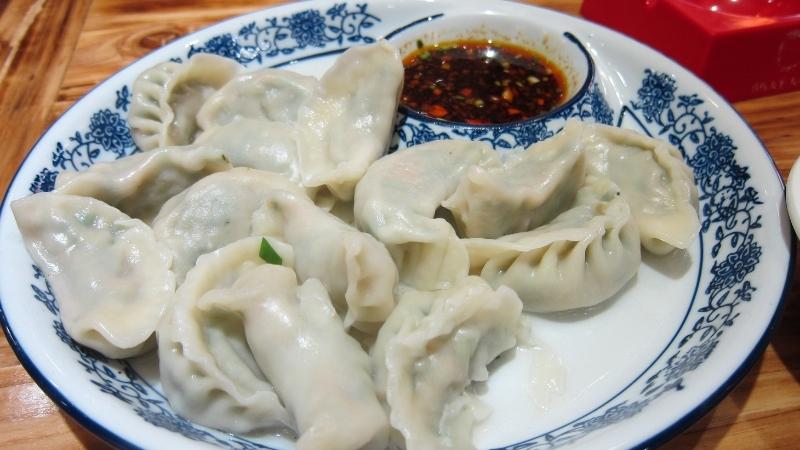 Jiaozi (Dumplings)
Jiaozi (Dumplings)
Xiaoguoa
Xiaoguoa is a delicate treat made by mixing glutinous rice flour, sugar, and sesame seeds and shaping them into small objects. These are then fried and wrapped in fresh lotus leaves, white lotus roots, and red jujubes, creating a beautiful and tasty treat. The preparation of Xiaoguoa requires attention to detail and care, making it a thoughtful gift during the Qixi Festival.
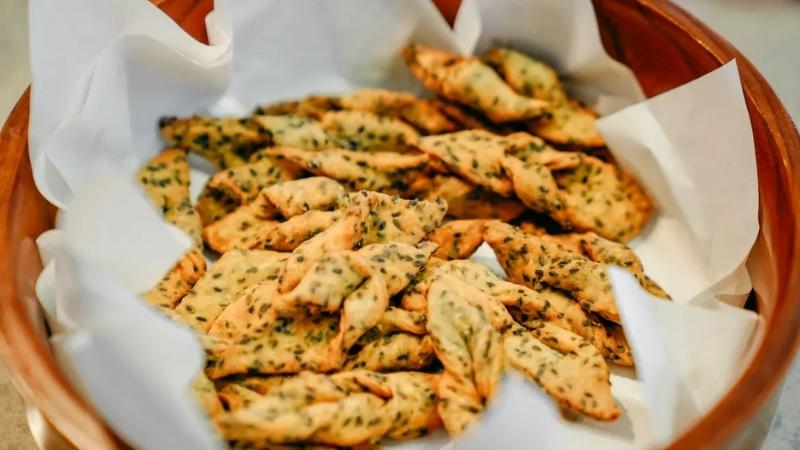 Xiaoguoa
Xiaoguoa
Xiaotu
Similar to Xiaoguoa in ingredients, Xiaotu are shaped like the goddess Zhi Nu. Gifting Xiaotu to someone is believed to bring them dexterity and skill, just like the goddess herself.

Chicken
According to folklore, if a rooster does not crow on the seventh day of the seventh month, the reunion of Niu Lang and Zhi Nu can last longer. Therefore, people in China often sacrifice a chicken during the Qixi Festival to express their wish for lasting happiness and stability in their relationships.
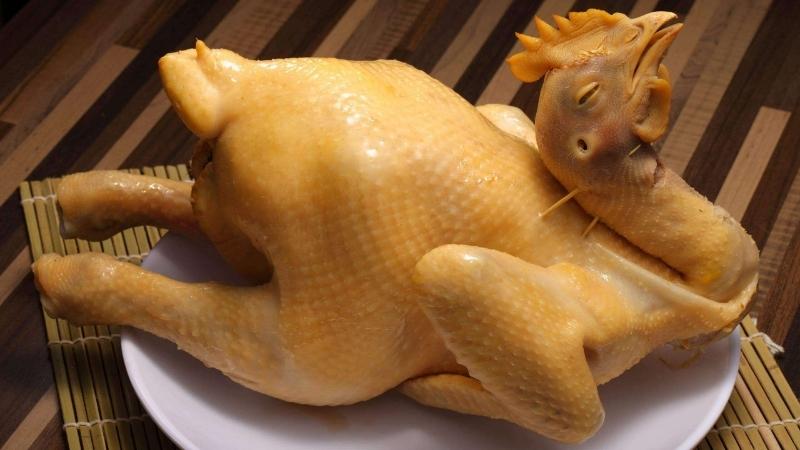 Chicken
Chicken
Bean Sprouts
Before the Qixi Festival, girls would soak beans in water, allowing them to sprout and grow to a length of about 5 cm. These “divine worship sprouts,” as they are called in legends, are now known as bean sprouts. This custom is believed to bring good luck in love and relationships.
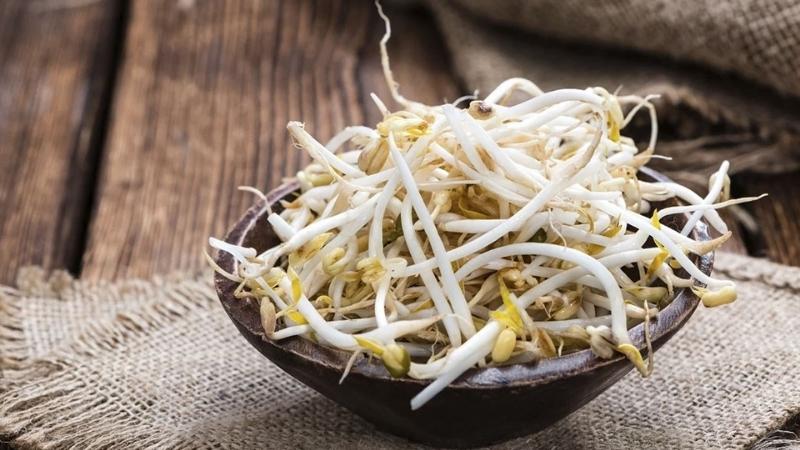 Bean Sprouts
Bean Sprouts
Red Bean Desserts
Red beans are also known as “longing beans” in Chinese. Eating red beans or desserts made with them on the Qixi Festival is believed to bring love to those who are single and happiness to those in relationships.
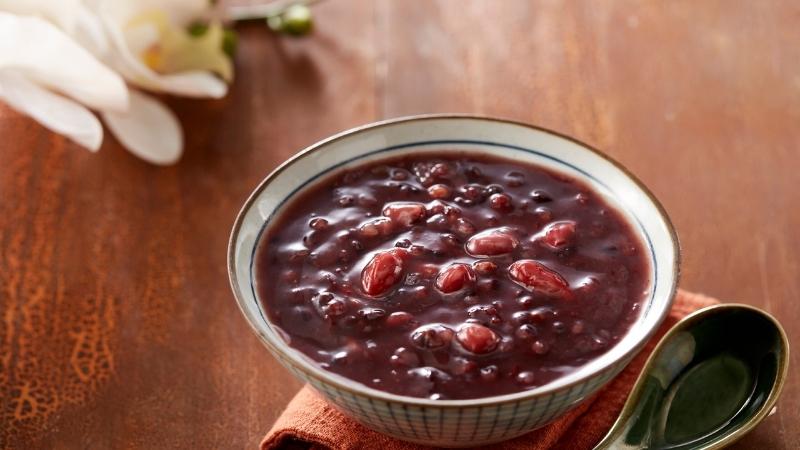 Red Bean Desserts
Red Bean Desserts
Activities During the Qixi Festival
The Qixi Festival is a time to celebrate the skill and talent of the seventh fairy, Zhi Nu, as well as the dexterity and intelligence of women. Here are some traditional activities that take place during the festival:
Needlework and Embroidery
One of the most popular activities during the Qixi Festival is needlework and embroidery. Girls would gather to pray to Zhi Nu, the goddess of weaving and embroidery, seeking her blessing for dexterity and skill in their daily tasks.
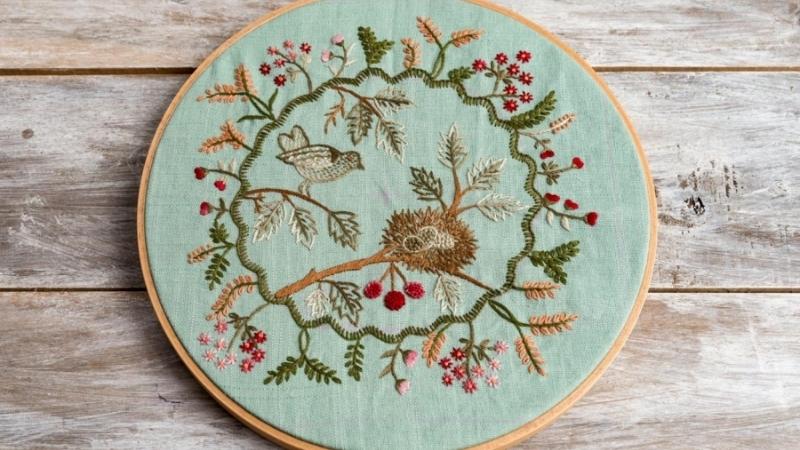 Needlework and Embroidery
Needlework and Embroidery
Floating Needles on Water
This activity, popularized by the TV series Story of Yanxi Palace, involves floating needles on water. If the needle does not sink, it is believed to be a sign of the girl’s intelligence and dexterity.
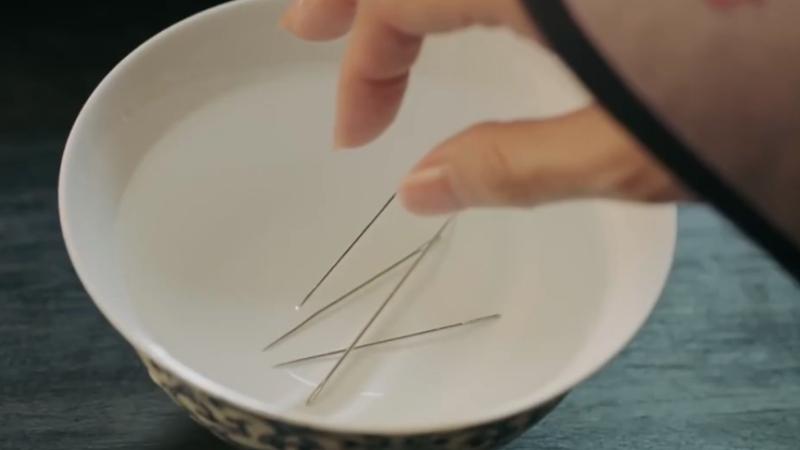 Floating Needles on Water
Floating Needles on Water
Worshipping Zhi Nu
On the night of the Qixi Festival, girls would set up an altar to worship Zhi Nu. The altar would include offerings such as fruit, steamed rice cakes, and simple embroidery items. This tradition honors Zhi Nu’s skill and expresses gratitude, while also seeking her blessing for dexterity and skill in household chores.
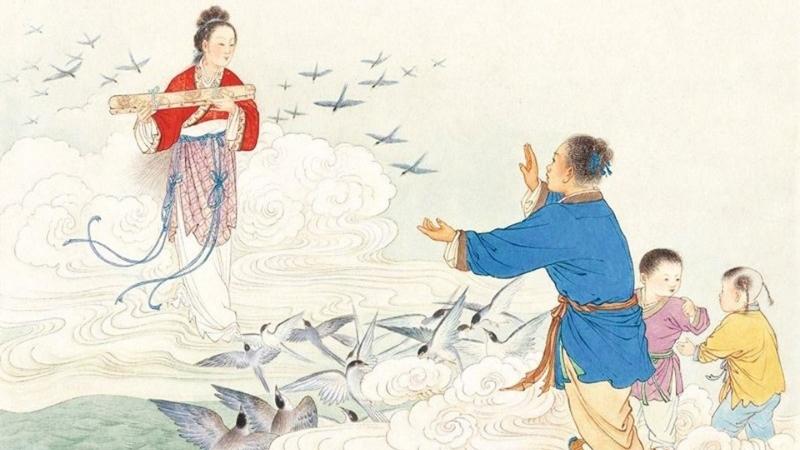 Worshipping Zhi Nu
Worshipping Zhi Nu
See also: 50 most romantic and sweetest love messages
We hope you found this exploration of the Qixi Festival’s origins and traditions in China interesting and informative. May your Qixi Festival be filled with love and happiness!


































